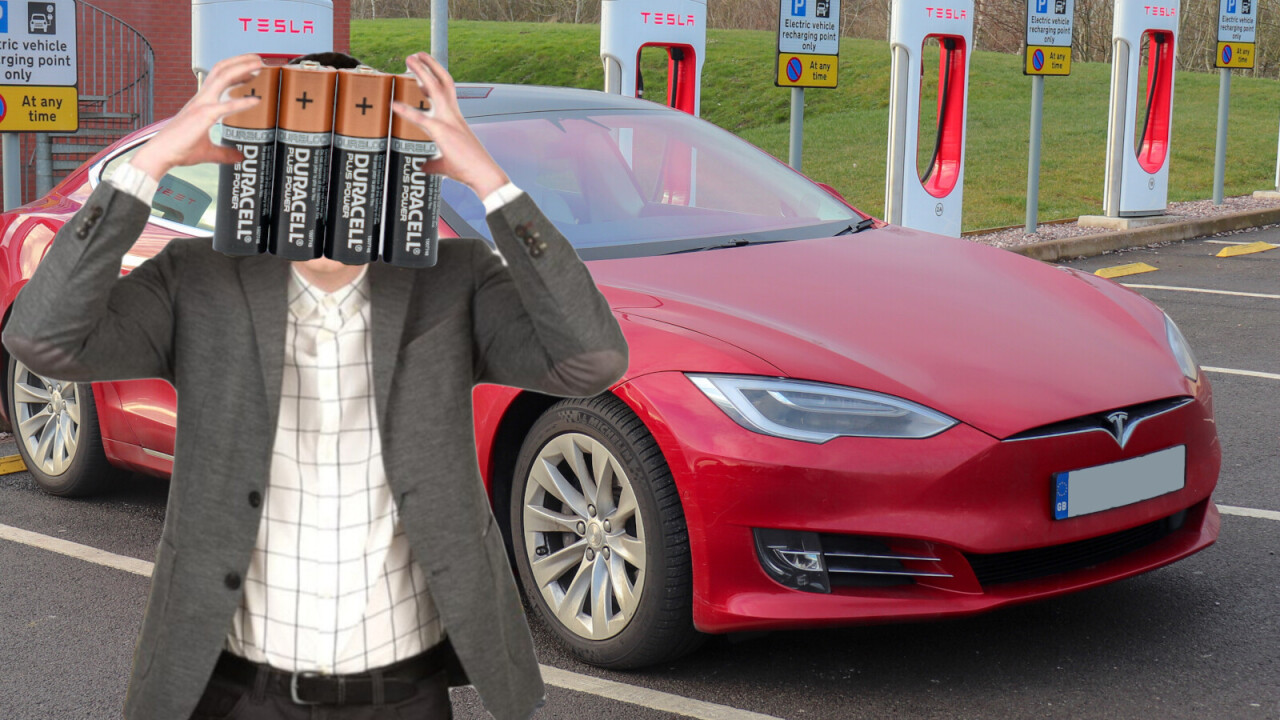
For time-crunched EV drivers, fast-charging points are a boon to minimizing enforced stoppages. But scientists have found that continually using high-powered, fast-charging points can decrease the life of EV car batteries.
Engineers from the University of California, Riverside (UCR) say that commercial fast-charging stations subject EV car batteries to high temperatures and resistance which can cause cells to crack, leak, and lose storage capacity.
[Read: VW wants its EVs to become part of the power grid when charging]
As a control, the group of engineers and scientists charged a set of Panasonic lithium-ion cylinder cells (similar to what’s found in Tesla’s power packs) using the same method as is found at many public fast-charging stations.
The researchers also charged a set of cells using a new algorithm-based protocol, which charges the batteries as fast as possible but takes into consideration the battery’s internal resistance.
According to the engineers, high internal resistance in a battery can cause problems when charging. If these go unaddressed, battery cells can be permanently damaged.
To prevent such potential damage, the UCR’s proposed charging method cuts out when internal resistance gets too high. In theory, this limits damage to cells.
Battery life dramatically reduced
Using the industry standard charging process, battery capacity was reduced by as much as 40% after 40 charge cycles. However, using the internal resistance-based method battery capacity was only reduced by about 20% by the 40th charge cycle.
According to the researchers, the standard process effectively killed the batteries after just 25 charging cycles. An EV car battery is considered end-of-life when it holds less than 80% of its original total capacity.

After 60 charge cycles under the industry standard process, the cells began to crack, exposing the internal components. In extreme cases, this can be enough to cause fire.
If you are an EV driver that enjoys the convenience of fast charging, there are some things you can do to be on the safe side, though.
The UCR Battery Team recommends minimizing the use of commercial fast chargers, recharging your EV before the battery is totally empty, and be sure not to overcharge.
In reality, most people will rarely charge their electric vehicle from zero to full. But it’s good to know that doing so might not be a great habit to slip into.
Researchers recently published their full findings in the Energy Storage journal, read their full research paper here.
Get the TNW newsletter
Get the most important tech news in your inbox each week.




